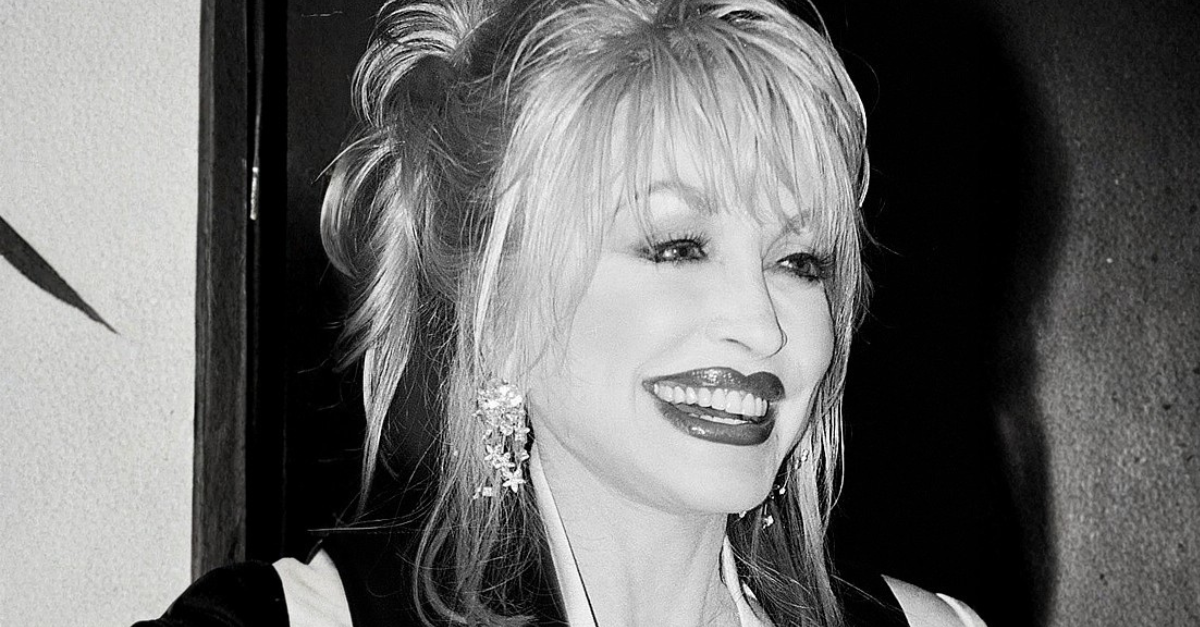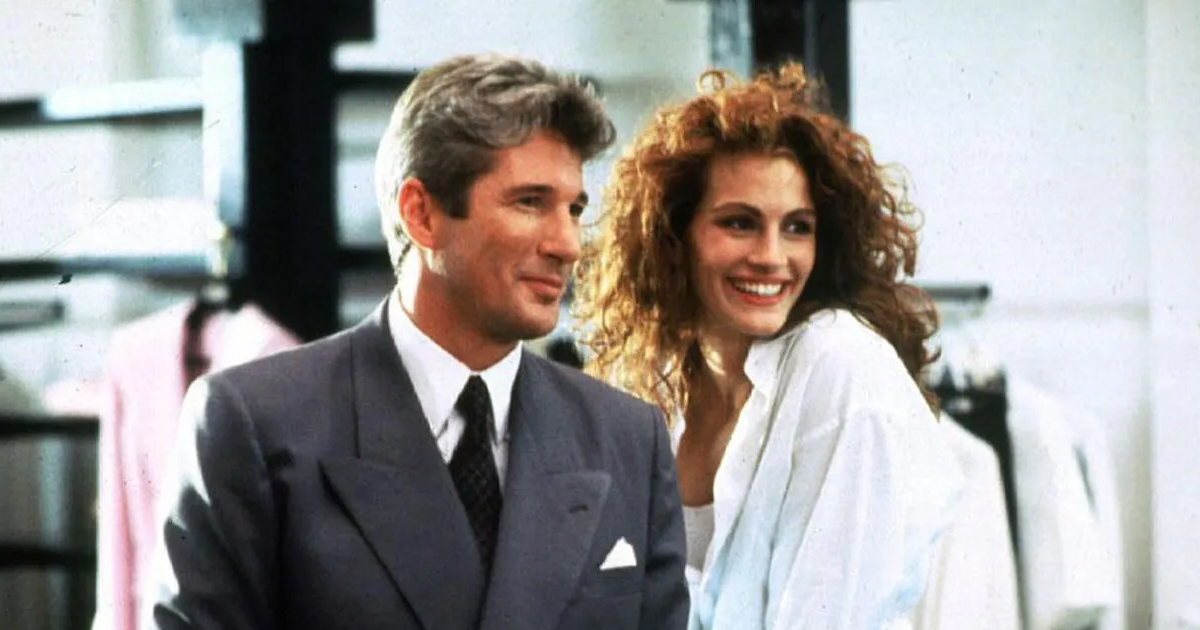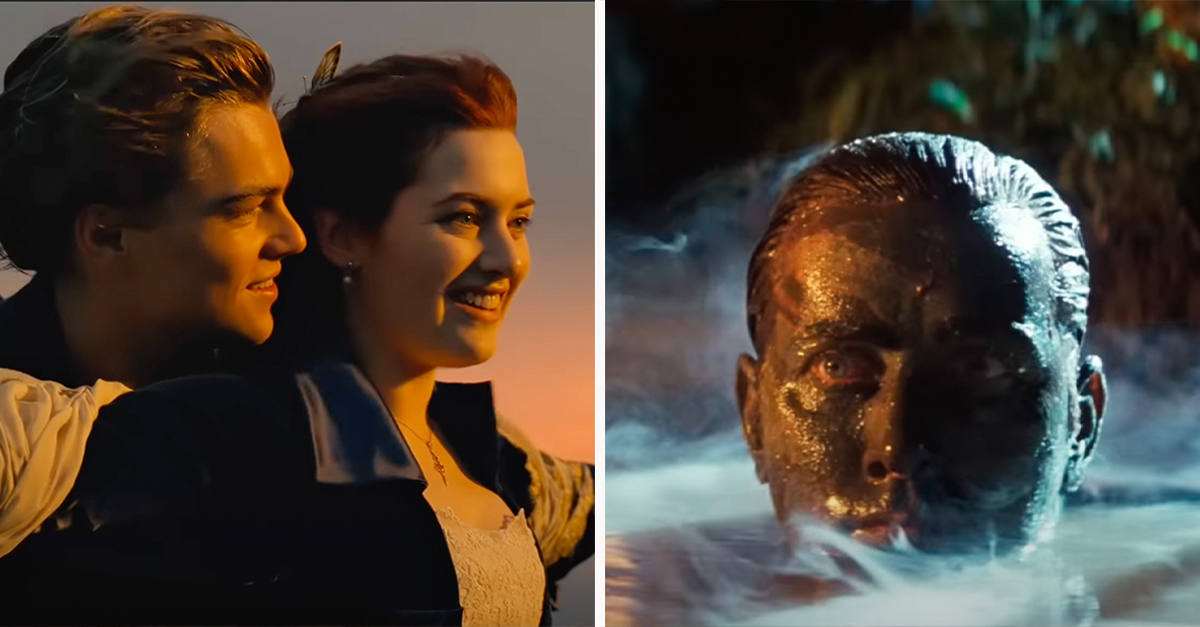When Goodbyes Become Legends
In 1973, Dolly Parton sat down and wrote two songs that would bend history—Jolene and I Will Always Love You. One was a warning to a redhead with eyes of emerald; the other was a love letter to a partnership she had to leave behind. Half a century later, the second song has lived ten different lives, each one reminding the world that grace and grit can share the same verse.
The Goodbye That Began It All
Parton had outgrown her “girl singer” slot on Porter Wagoner’s TV show and knew she had to fly solo. The problem was how to leave without breaking the heart of the man who opened the door. So she wrote the most tender resignation letter in country music history, tuned to a key called mercy.
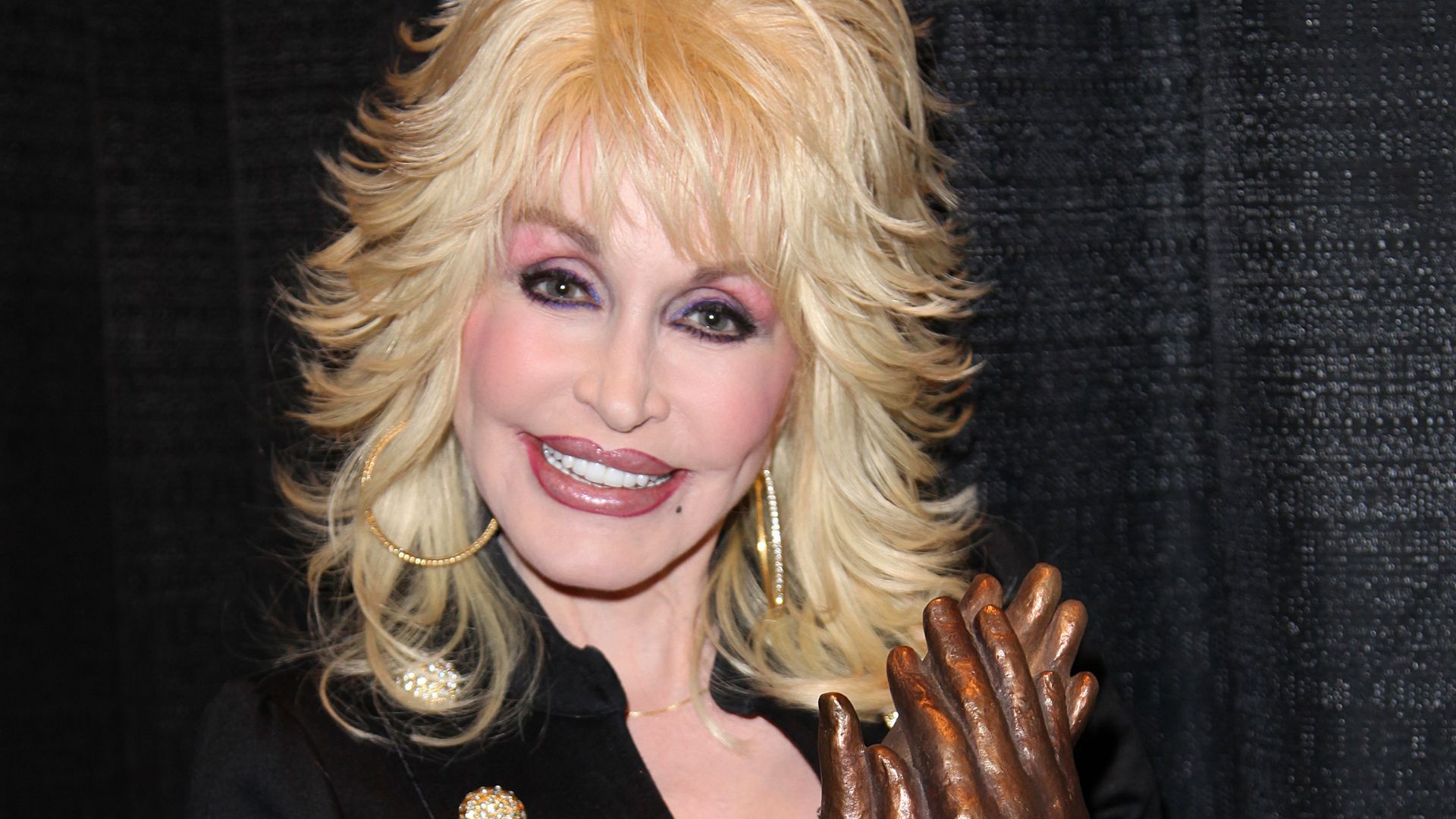 Curtis Hilbun, Wikimedia Commons
Curtis Hilbun, Wikimedia Commons
Singing It To Porter, Face To Face
She walked into Wagoner’s office with a guitar and a decision. She sang the song straight through, and Porter cried—then delivered the line every songwriter dreams of hearing: that it was the best she’d ever written. He let her go, on one condition—he’d produce it.
Jolene And The Sister Song, Same Night
On that fabled evening, Parton finished Jolene and I Will Always Love You back to back, a flex so casual it almost sounds like mythology. “Buddy, that was a good night,” she later said. Country music has spent five decades agreeing.
 Rui Vieira - PA Images, Getty Images
Rui Vieira - PA Images, Getty Images
From Country Ballad To Personal Creed
The original 1974 recording is soft-spoken steel—every note kind, none of them weak. She’s not begging, not bargaining, just blessing on the way out. It’s a masterclass in leaving with love.
Elvis Wanted It—But At A Price
A year later, Elvis Presley asked to record the song, and Dolly’s heart nearly left the building. Then Colonel Tom Parker demanded half the publishing, and Parton—eyes on the long game—said no. The tears that night were real, but so was the resolve.
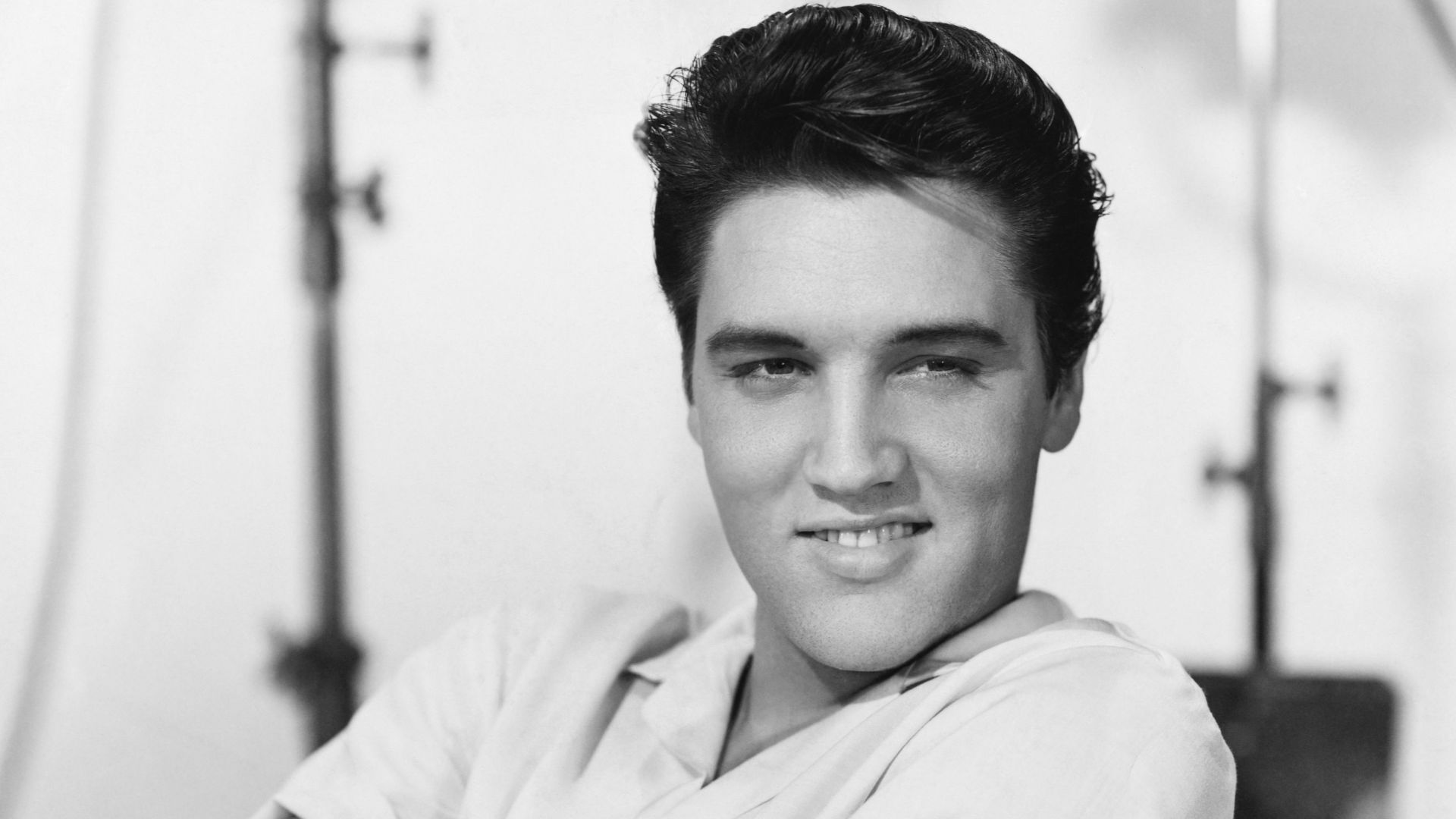 Unknown authorUnknown author, Wikimedia Commons
Unknown authorUnknown author, Wikimedia Commons
The Choice That Paid Dividends
Saying no to Elvis preserved the song’s future and Dolly’s control. Decades later, those rights would fund generosity, stability and the kind of freedom most artists only sing about. Sometimes the hardest no is the yes you live on.
A Detour Through Hollywood
Dolly re-recorded the song for The Best Little Whorehouse in Texas, and it topped the country chart—again. Lightning struck twice, because truth doesn’t age. Still, the song’s greatest transformation was waiting in the wings.
Enter Kevin Costner, Cue The A Cappella
When The Bodyguard took shape in 1992, Costner suggested a country ballad for Whitney Houston to reimagine. Producer David Foster rebuilt the arrangement around emotion, and the a cappella opening became the cinematic inhale heard round the world. The first note alone could hush a stadium.
 Asterio Tecson, Wikimedia Commons
Asterio Tecson, Wikimedia Commons
Whitney Turns The Whisper Into A Supernova
Houston’s version kept Dolly’s heart and then detonated it sky-high. Verse by verse, it bloomed from vow to volcano. The final chorus sounded like an airport runway at full thrust—departure, destiny, deliverance.
 PH2 Mark Kettenhofen, Wikimedia Commons
PH2 Mark Kettenhofen, Wikimedia Commons
Dolly Hears It—And Has To Pull Over
Driving her Cadillac, Parton caught Whitney’s rendition on the radio and nearly ran off the road. “I was like a dog hearing a whistle,” she said, before the chorus told her exactly what she was hearing. Imagine writing a song and discovering it can fly higher than you ever dreamed.
Records Fall, Myths Rise
Fourteen weeks at No 1 in the US, ten in the UK, global sales in the tens of millions. The single won the 1994 Record of the Year and rewired the pop ballad rulebook. More than success, it became a ritual—weddings, breakups, movie nights, all of it.
Credit Confusion—And A Teachable Moment
Decades later, people still discover that I Will Always Love You is a Dolly Parton original. Even her anniversary post drew replies from fans who “never realized it was [her] song”. Turns out authorship matters, especially for women whose ideas mapped the road others drive.
 Michael Ochs Archives, Getty Images
Michael Ochs Archives, Getty Images
Royalties With A Purpose
The song minted life-changing royalties, and Parton put the money to work. She invested in a Nashville shopping strip in a predominantly Black neighborhood as a tribute to Houston. A love song became a community asset.
 Richard E. Aaron, Getty Images
Richard E. Aaron, Getty Images
The Song That Outlived The Headlines
Whitney’s passing in 2012 made the track feel like a memorial candle the whole world held. Yet the music remained what it always was—blessing, boundary, benediction. That’s the difference between a hit and a hymn.
 Asterio Tecson, Wikimedia Commons
Asterio Tecson, Wikimedia Commons
Glastonbury Proves There’s No Wrong Crowd
When Parton played Glastonbury in 2014, the fields sang along like they’d grown up on the Opry. The lyric’s kindness translated across mud, sequins and generations. If a chorus can unify a festival, it can unify a planet.
 Eva Rinaldi, Wikimedia Commons
Eva Rinaldi, Wikimedia Commons
A Theater Too Loud To Finish
A recent stage performance of The Bodyguard had to be halted when audience sing-alongs drowned the lead. It’s messy, sure—but also proof the song lives in people, not just on playlists. Cultural ownership comes with volume.
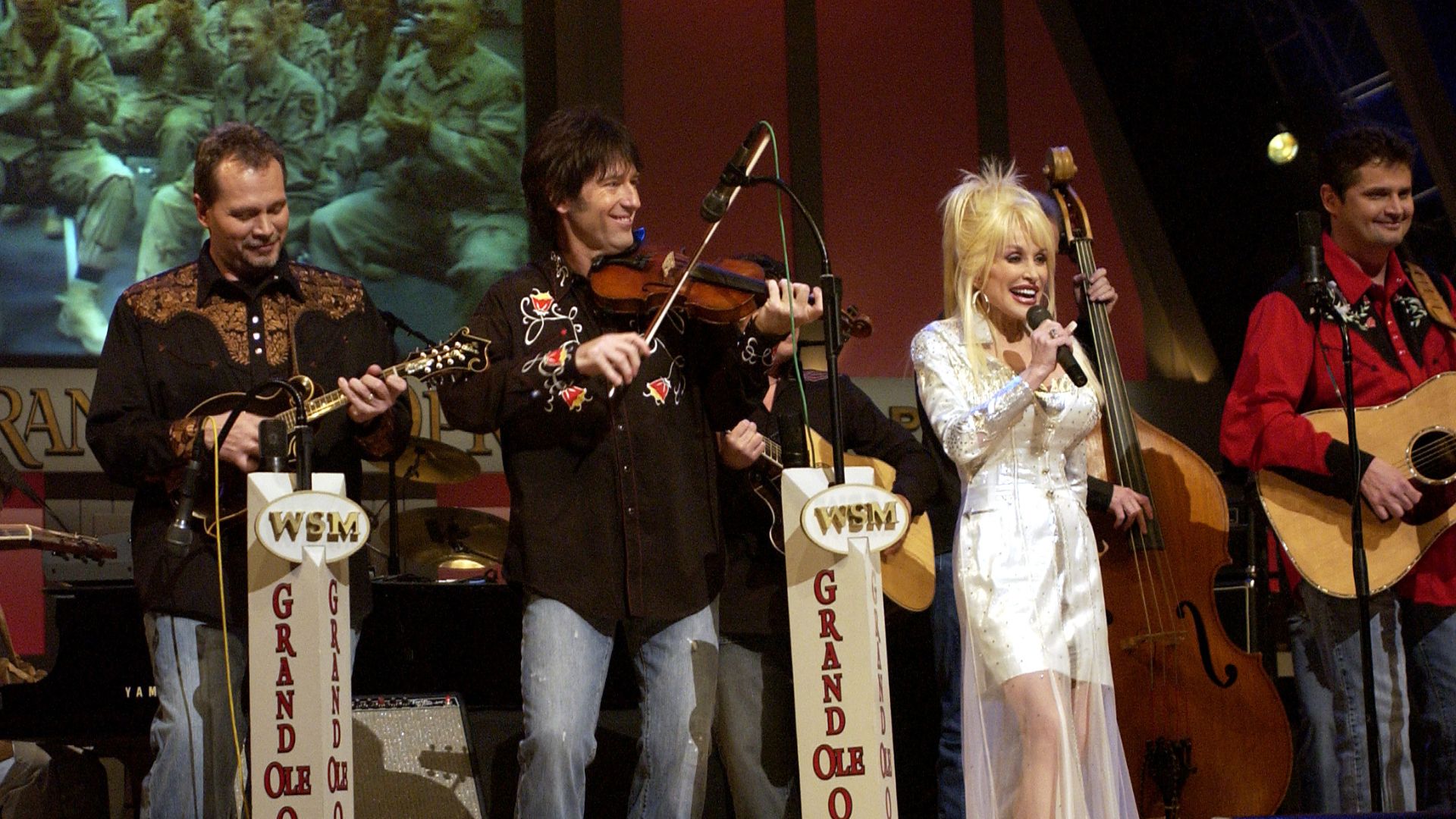 Foto de Tech. Sgt. Cherie A. Thurlby, USAF, Wikimedia Commons
Foto de Tech. Sgt. Cherie A. Thurlby, USAF, Wikimedia Commons
Porter, Presleys, And Parallel Universes
Dolly has joked she could buy Graceland a few times over thanks to the song. As for the Elvis version that never was—fans now feed AI and imagination to hear it. Maybe in some timeline, it exists. In ours, the choice she made built another kind of legacy.
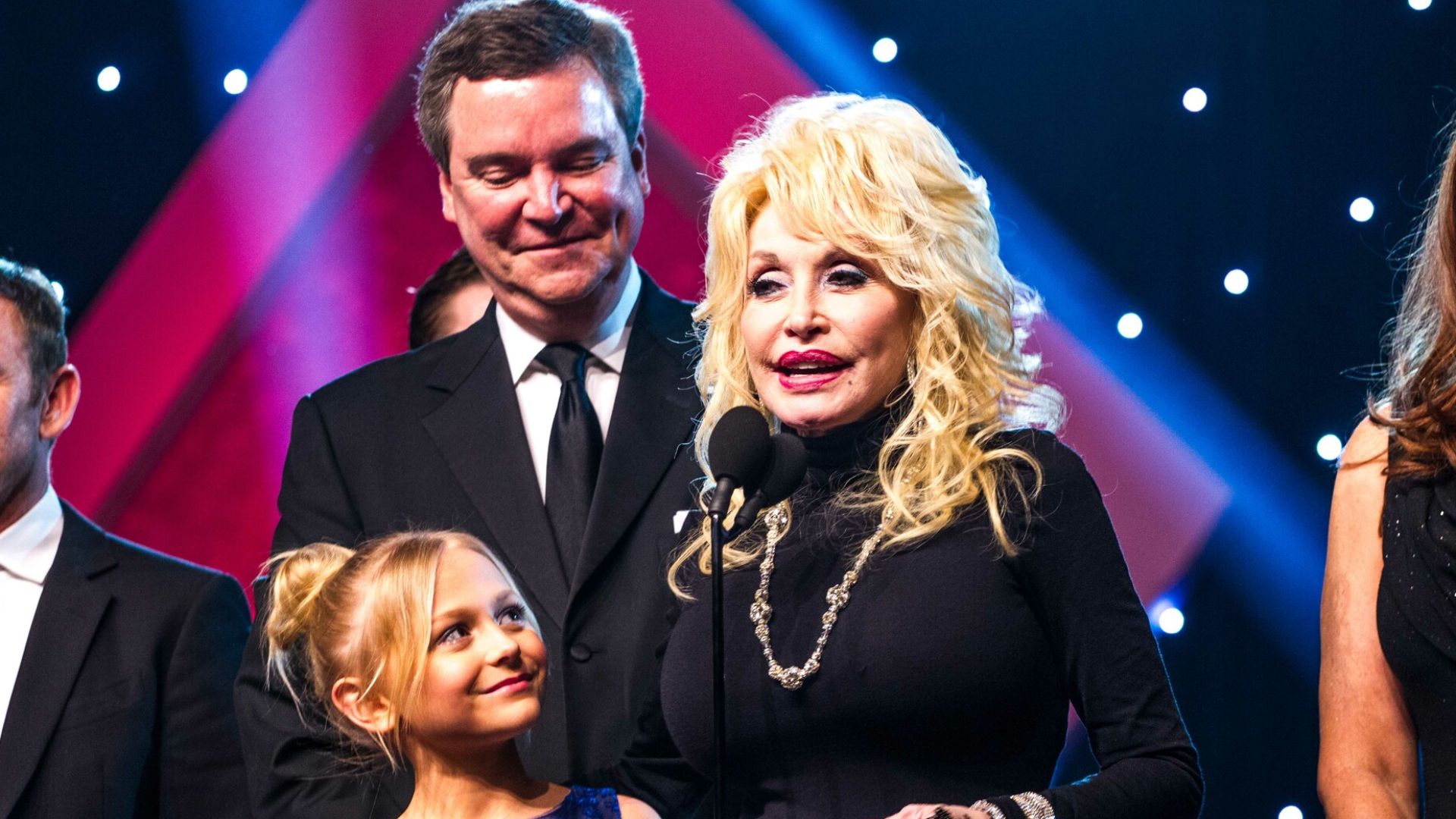 Movieguide®, Wikimedia Commons
Movieguide®, Wikimedia Commons
The Queen Of Country Wears Many Crowns
Beyond one anthem, Parton’s career is a skyscraper—110 charting singles, dozens of Top 10 country albums, and a trophy case that needs its own ZIP code. She’s a singer, a writer of 3,000 songs, an actress, a philanthropist, and a savvy business mind who smiles while reading contracts.
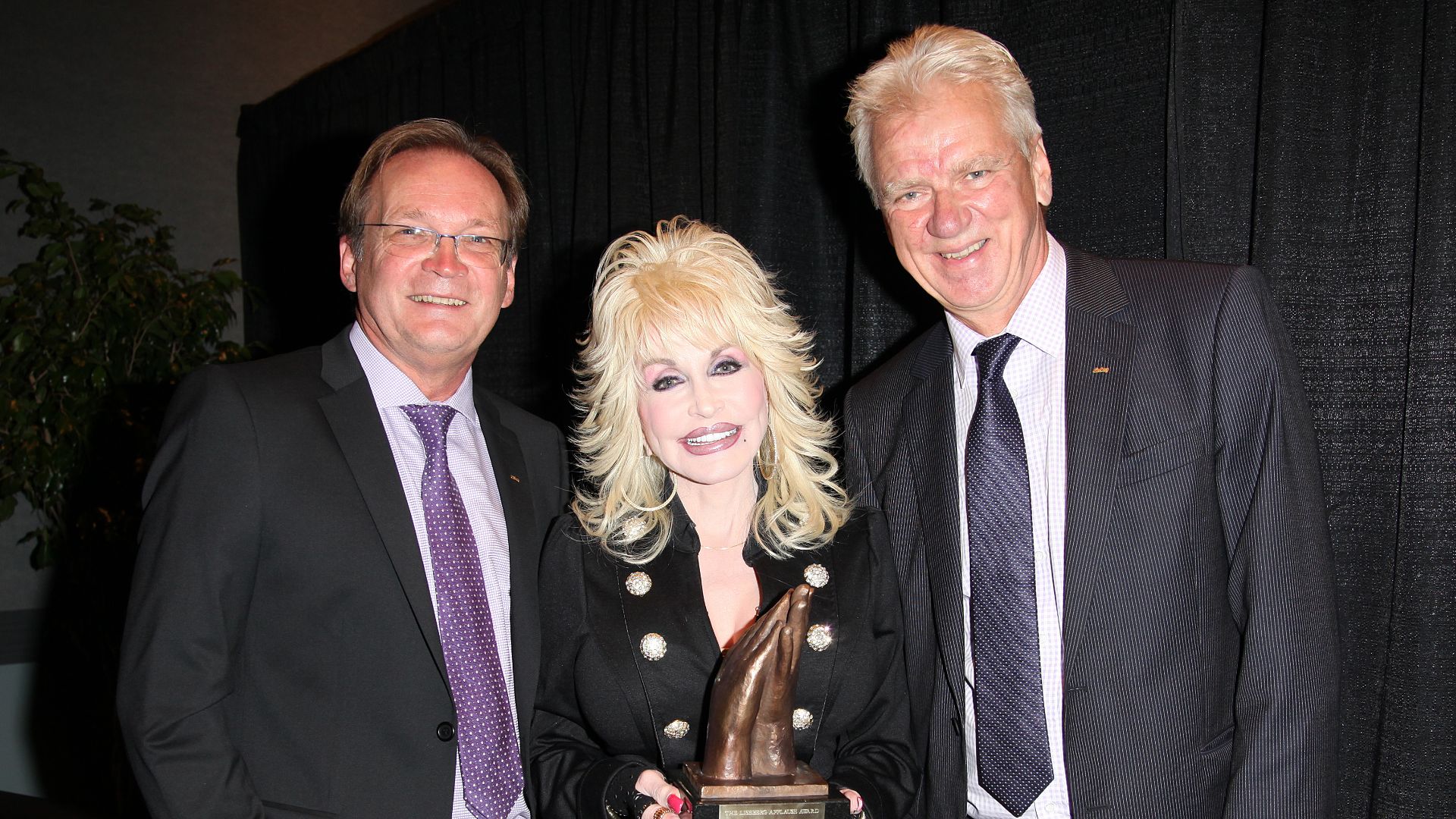 Curtis Hilbun, Wikimedia Commons
Curtis Hilbun, Wikimedia Commons
Leaving Kindly, Staying Forever
At its core, the song isn’t a breakup—it’s a boundary with gratitude. The line “I wish you joy and happiness” is the softest armor ever forged. That’s why it endures. Kindness is a key you can’t unlearn.
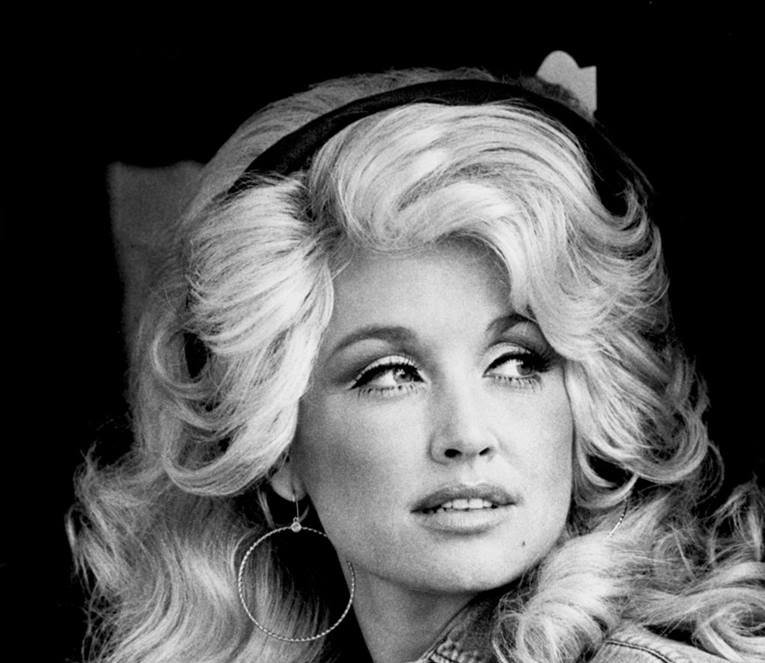 RCA Records, Wikimedia Commons
RCA Records, Wikimedia Commons
A Farewell That Keeps Returning
Every few years, the track finds a new stage—films, finales, viral clips, karaoke triumphs and disasters. Each revival renews the original meaning: you can love what you’re leaving without burning it down. That idea never goes out of style.
 Kris Harris King, Wikimedia Commons
Kris Harris King, Wikimedia Commons
The Immortality Clause
Dolly wrote a goodbye and discovered a forever. From a private office in 1973 to the biggest choruses on Earth, one song proved that endings can be beginnings. When art leaves the room with love, it never really leaves at all.
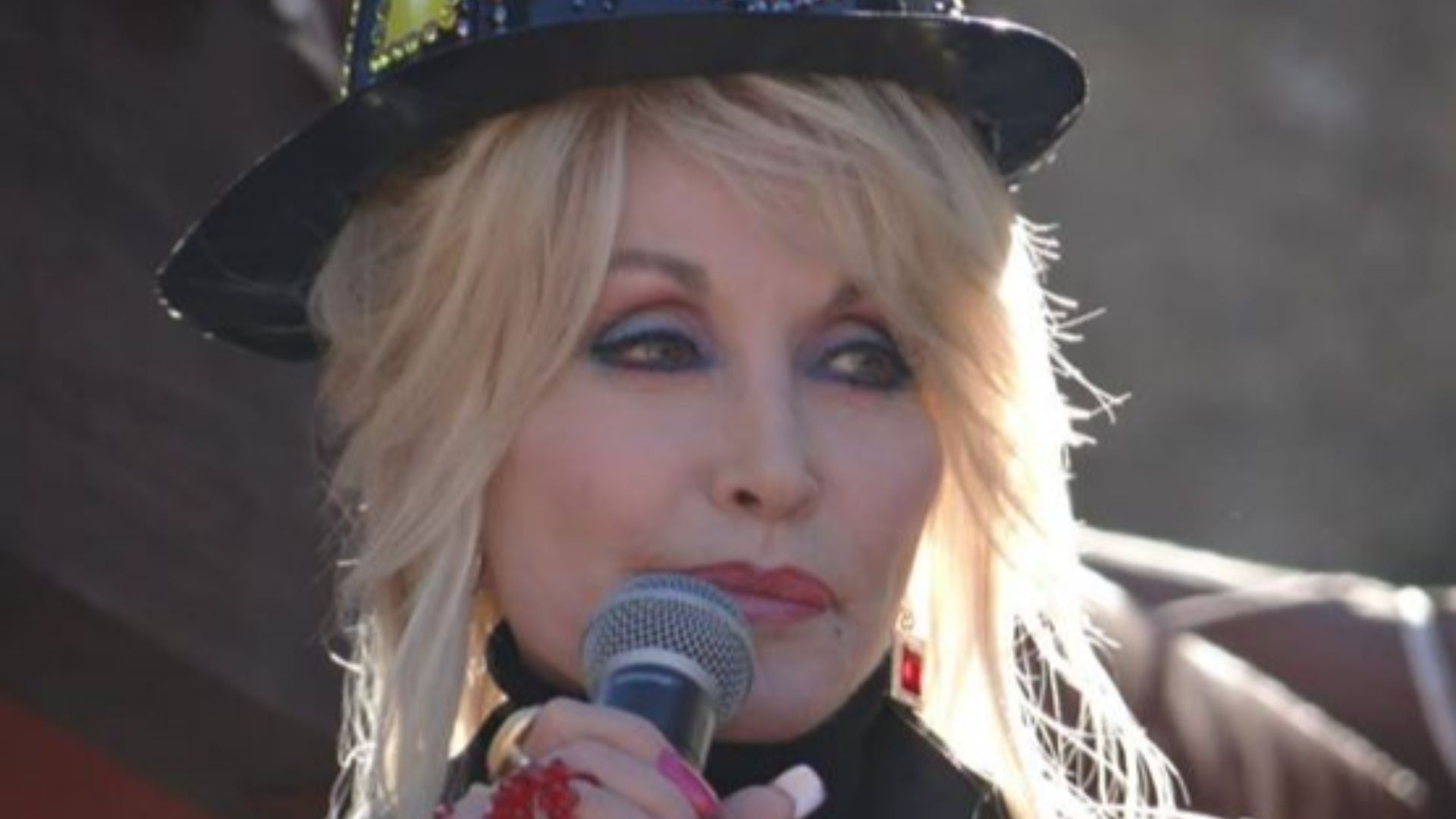 Kris Harris King, Wikimedia Commons
Kris Harris King, Wikimedia Commons
You May Also Like:
Live Performances That Became Unforgettable For All The Wrong Reasons
Every New Dad Needs To Listen To These Essential Songs About Fatherhood

